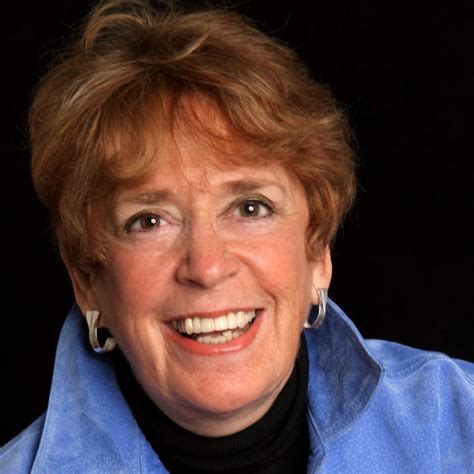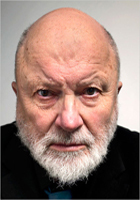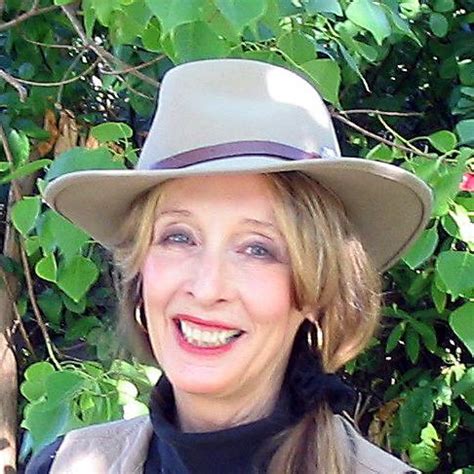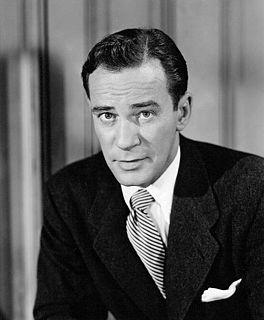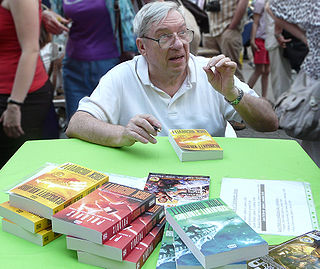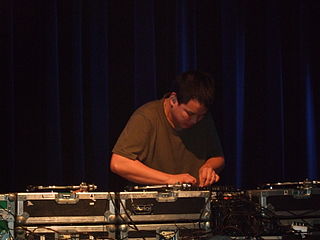A Quote by Dawna Markova
I wonder why it is that we so often imprison ourselves in the opinions of other people. There can be no punishment worse than conspiring in our own diminishment.
Related Quotes
The answer comes to me through studying the lives of the Rosa Parks and the Vaclav Havels and the Nelson Mandelas and the Dorothy Days of this world. These are people who have come to understand that no punishment that anybody could lay on us could possibly be worse than the punishment we lay on ourselves by conspiring in our own diminishment, by living a divided life, by failing to make that fundamental decision to act and speak on the outside in ways consonant with what we know to be true on the inside.
I think when we talk about corporal punishment, and we have to think about our own children, and we are rather reluctant, it seems to me, to have other people administering punishment to our own children, because we are reluctant, it puts a special obligation on us to maintain order and to send children out from our homes who accept the idea of discipline. So I would not be for corporal punishment in the school, but I would be for very strong discipline at home so we don't place an unfair burden on our teachers.
We are difficult. Human beings are difficult. We're difficult to ourselves, we're difficult to each other. And we are mysteries to ourselves, we are mysteries to each other. One encounters in any ordinary day far more real difficulty than one confronts in the most “intellectual” piece of work. Why is it believed that poetry, prose, painting, music should be less than we are? Why does music, why does poetry have to address us in simplified terms, when if such simplification were applied to a description of our own inner selves we would find it demeaning?
We see ourselves in other people’s eyes. It’s the nature of the human race; we are a species of reflection, hungry for it in every facet of our existence. Maybe that’s why vampires seem so monstrous to us—they cast no reflection. Parents, if they’re good ones, reflect the wonder of our existence and the success we can become. Friends, well chosen, show us pretty pictures of ourselves, and encourage us to grow into them. The Beast shows us the very worst in ourselves and makes us know it’s true .
Perhaps the greatest mistake we can make, which causes loss of self-respect, is making the opinions of others more important than our own opinion of ourselves. You'll find no shortage of opinions directed at you. If you allow them to undermine your self-respect, you're seeking the respect of others over your own, and you're abdicating yourself.
Life hands us a lot of hard choices, and other people can help us more than we might realize. We often think we should make important decisions using just our own internal resources. What are the pros and cons? What does my gut tell me? But often we have friends and family who know us in ways we don't know ourselves.
For where is the man that has incontestable evidence of the truth of all that he holds, or of the falsehood of all he condemns; or can say that he has examined to the bottom all his own, or other men's opinions? The necessity of believing without knowledge, nay often upon very slight grounds, in this fleeting state of action and blindness we are in, should make us more busy and careful to inform ourselves than constrain others.
